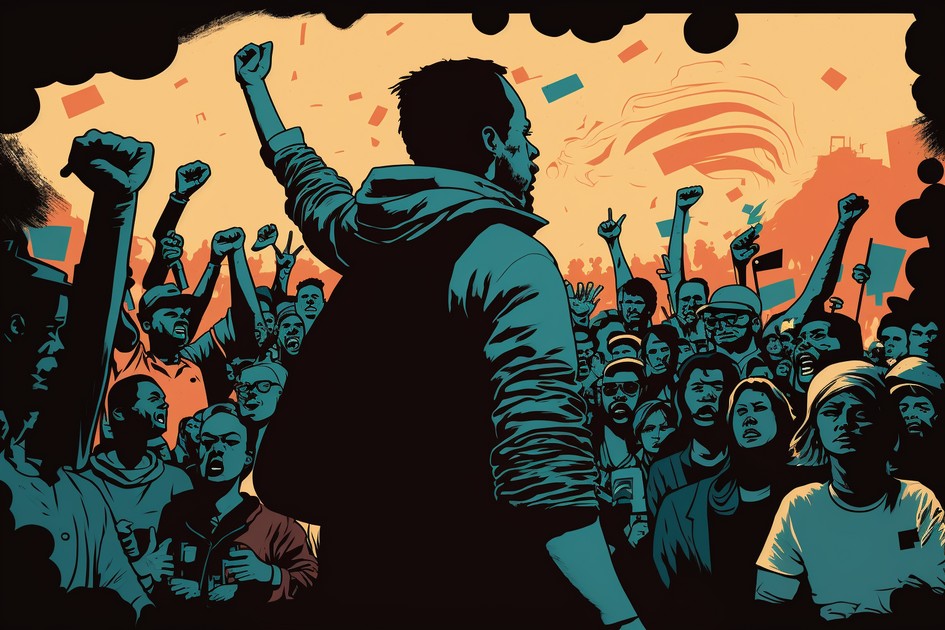Resisting Centralized Authority: Strategies for Strengthening Local Democracy and Grassroots Movements
about 2 years ago
read

In a world where centralized authority is increasingly asserting control over various aspects of our lives, it is crucial to promote local democracy and grassroots movements. By empowering communities and fostering decentralized governance, we can help safeguard individual liberties, enhance civic engagement, and create a more resilient society. This article will outline strategies for resisting centralized authority and strengthening local democracy and grassroots movements.
The Importance of Local Democracy and Grassroots Movements
Local democracy and grassroots movements are essential to preserving personal freedoms and fostering a thriving society. They offer several key benefits:
- Greater Autonomy: Local decision-making empowers communities to shape their own futures, allowing them to address unique challenges and opportunities.
- Enhanced Civic Engagement: Grassroots movements foster civic participation, enabling citizens to take an active role in shaping their communities.
- Efficient Governance: Local democracy can often provide more efficient and effective governance, as decision-makers are closer to the issues at hand.
- Resilience: Decentralized governance promotes self-sufficiency and resilience in the face of external threats or centralized control.
Strategies for Strengthening Local Democracy and Grassroots Movements
- Get Involved in Local Government: Attend town hall meetings, join local boards or committees, and participate in local elections. Make your voice heard and contribute to the decision-making process.
- Support Local Businesses and Cooperatives: By supporting local businesses and cooperatives, you can help strengthen your community's economic resilience and promote self-sufficiency.
- Organize or Participate in Community Projects: Identify local challenges and opportunities, and initiate or join community projects that address them. Engage your neighbors and local organizations to collaborate on initiatives such as community gardens, neighborhood cleanups, or local workshops.
- Use Social Media and Digital Platforms: Utilize social media and digital platforms to raise awareness about local issues, connect with like-minded individuals, and mobilize support for grassroots movements.
- Build Alliances and Networks: Establish relationships with other local groups and organizations to share resources, knowledge, and support. Forming alliances can help amplify your impact and create a more cohesive community.
- Educate Yourself and Others: Stay informed about local issues, governance structures, and the principles of grassroots organizing. Share your knowledge with others and inspire them to become active participants in local democracy.
- Advocate for Decentralized Policies: Support policies and legislation that promote decentralization, local control, and community empowerment. Encourage local representatives to prioritize these principles in their decision-making.
- Develop Leadership Skills: Invest in your own leadership skills and encourage others to do the same. Empowering local leaders is essential to the long-term success of grassroots movements and local democracy.
Resisting centralized authority and strengthening local democracy and grassroots movements is vital to preserving our personal freedoms and fostering a more equitable society. By actively participating in local governance, supporting community initiatives, and fostering collaboration, we can empower our communities and promote a more democratic and resilient future. Embrace the power of local action and join the movement towards decentralized governance that values individual liberty and community well-being.